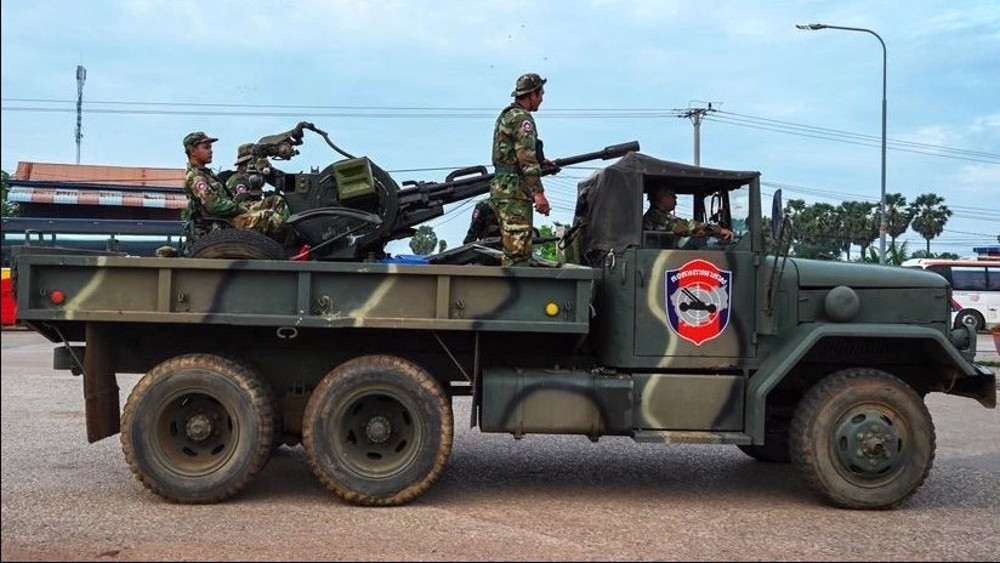Iran, Lebanon share common challenges, opportunities: Pundit
Iran’s Foreign Minister Mohammad-Javad Zarif is paying an official visit to the capital of Lebanon, Beirut, to discuss issues of mutual interests and the existing challenges. During his meeting with the Lebanese authorities, Zarif hailed Lebanon for resolving its two-year-plus political impasse by the election of President Michel Aoun, stressing Tehran’s eagerness to boost cooperation with Beirut in different arenas.
Kaveh Afrasiabi, author and political scientist from Boston, said that the Iranian and Lebanese governments are facing common challenges such as terrorism and foreign intervention and both states have mutual interests like regional peace and stability.
Afrasiabi maintained that Lebanon and Iran alliance with Syria and a number of other players is aimed at promoting “regional stability” and fighting against “terrorism and foreign intervention.”
He added that Tehran and Beirut have “geographical proximity and similar geo-political outlook in facing the menace of terrorism and the Israeli regime.”
“Foreign Minister Zarif’s trip to Beirut underscores Iran’s importance as a bastion of stability that is very interested in the matters of peace and stability and sovereignty of Lebanon that is always pressured by the Zionist regime and so on,” he argued.
The analyst also touched upon the history of ties between Iran and Lebanon, saying, “There are historical links between the two countries that date back to decades even before the establishment of Lebanon after World War II.”
Elsewhere, he noted that Saudi Arabia is expected to find out that “Iran does not seek sectarianism in Lebanon and has promoted the cause of power-sharing and coalition government.”
The Iranian foreign minister’s visit to Beirut came just days after Lebanon's lawmakers elected former army commander, Michel Aoun, as president when they convened for their 46th attempt to choose a head of state.
Lebanon had been without a head of state since 2014, when the term of former President Michel Suleiman expired and the Lebanese parliament repeatedly failed to elect a president due to the lack of quorum.
Hezbollah condemns Israel's ‘treacherous assassination’ of Al-Housh Mosque imam
Israeli woman shocked after being listed as ‘dead’ in recent Iran riots
Israel clearing northern Gaza land for settlements: Report
Gaza deadliest place for journalists and aid workers: UNRWA chief
Israel claims body of final captive recovered from Gaza
VIDEO | Armed gangs in Gaza at center of brewing power struggle over civil administration
3,500 Iranian cultural, media figures support Leader amid Trump’s threats
Hezbollah chief: New US-Israeli war on Iran will set entire region ablaze













 This makes it easy to access the Press TV website
This makes it easy to access the Press TV website